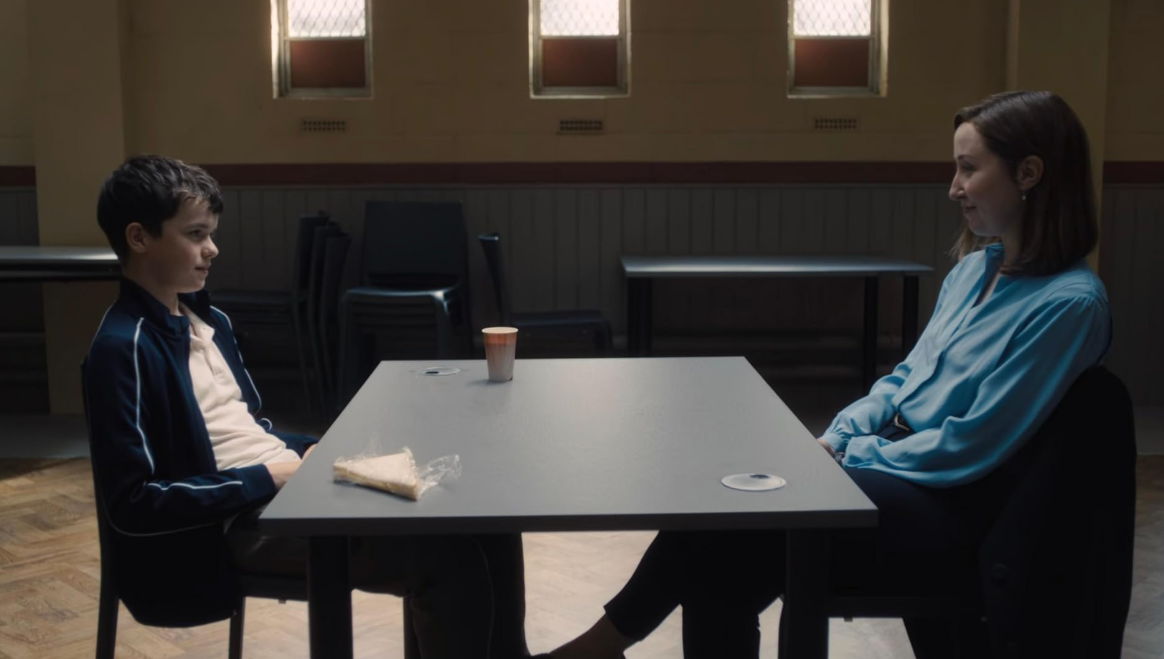Rating: 9/10
“Adolescence” is the latest series from English actor and producer Stephen Graham and co-creator Jack Thorne, a deceptively simple mini-saga following the investigation and aftermath of a violent crime in a small English town. Graham started 2025 on the small screen with his boxing drama series “A Thousand Blows,” but the BAFTA nominee isn’t done yet.
The Miller family is the dramatic crux of the series, with patriarch Eddie (Graham) and 13-year-old son Jamie (Owen Cooper) feeling the strongest effects of the murder and its consequences. “Adolescence,” split into four roughly hour-long episodes, examines many facets of its subject matter.
The English criminal justice system is given a searingly honest portrayal in the series’ first episode. The Millers are wrenched from their relatively mundane lives into the frightening and unfamiliar workings of an active criminal investigation.
Each episode is incredibly potent in its depiction of the Millers and the days and months following the crime, and the primary cinematic gimmick of “Adolescence” drives the point home even further. Each episode of the series is captured in a “oner,” a single tracking shot that starts at minute zero and goes to the credits without any cutting or editing.
Get The Daily Illini in your inbox!
Setting each episode within a single hour of this year-long judicial process gives audiences a much more intimate and realized view of the Millers while leaving swaths of the series’ big events unaddressed.
It’s an undeniably bold framework for a series as grave and unflinching as this, but “Adolescence” more than justifies its choices. The brief series is one of the most compelling pieces to come out of Netflix this year — if not this decade.
As its title would suggest, the series seeks to interrogate the turbulent forces underneath the youth of today. It asks audiences how such shocking and heinous crimes can occur at the hands of perpetrators so young. Jamie’s role in the murder isn’t explained directly, but his presence and absence throughout the series are felt, both with and without the Millers.
Figures like Andrew Tate or the burgeoning “incel” side of the internet are rarely mentioned by name, but they’re exactly what the series wants us to think about. The self-loathing and misogyny intrinsic to these “manosphere” ideologies are the kind of evils that teens and adults like Jamie can so easily fall into. The series wants us to understand the consequences of this.
“Adolescence” lacks the doomsaying or overgeneralizing that some assessments of the digital era are condemned for. This tact with the subject matter is why the series is so successful. Slowing down to take time with the Millers and their shattered world is where the show is at its best. The stellar performances from Graham and Cooper support the gravity of a series like this.
At a point where the TV world is inundated with sleazy and barely passable crime dramas, “Adolescence” stands out by a mile. The series’s technical skill and hyper-realistic framing are an achievement of its own. However, the ability to do so with a message as important and timely as this is something extraordinary.






